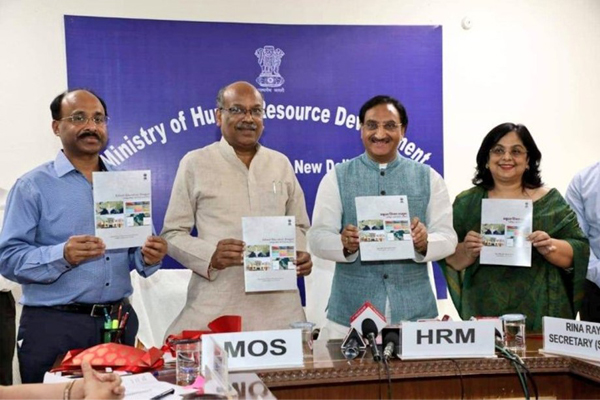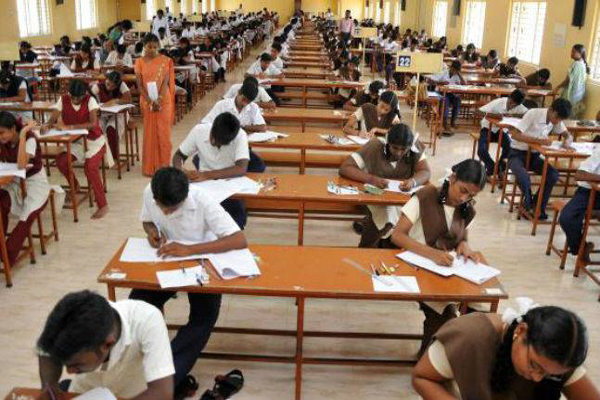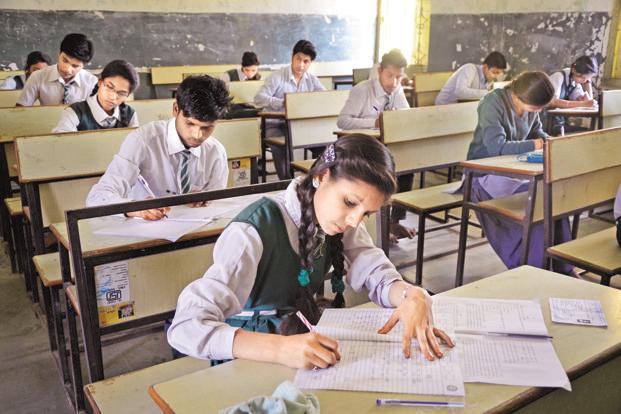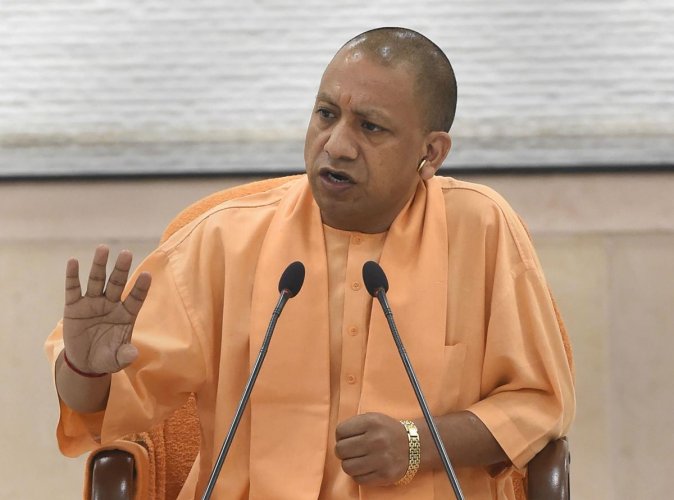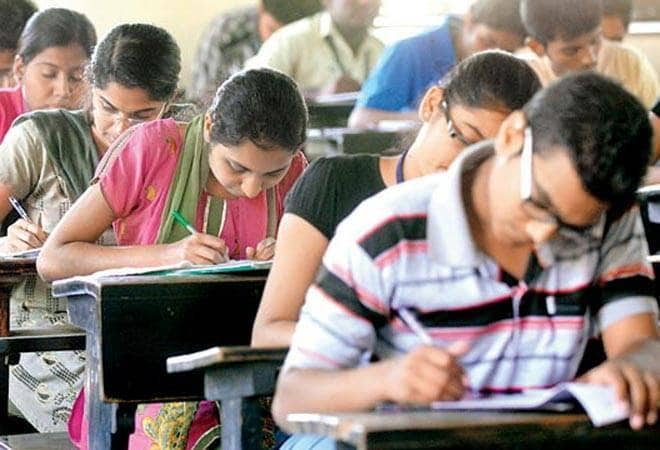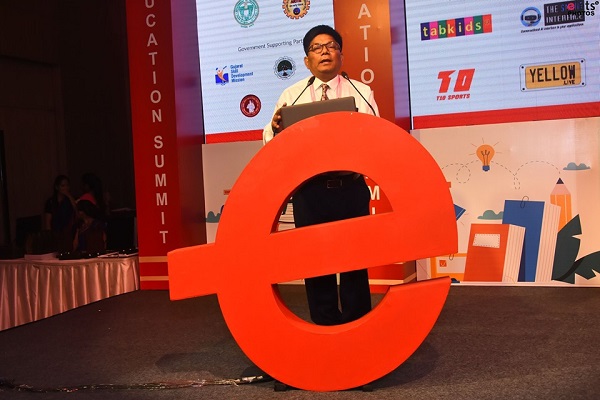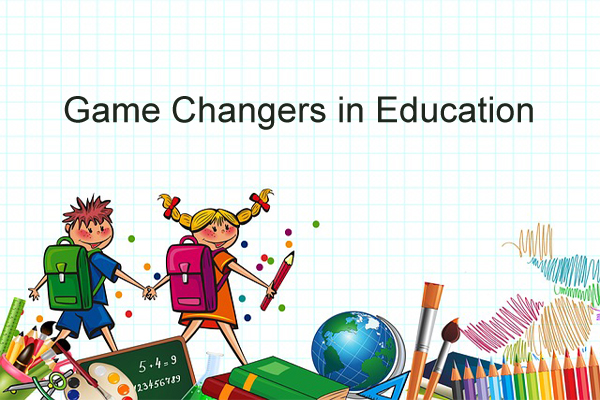In an attempt to ramp up the school education system, Union Human Resource Development Minister Ramesh Pokhriyal ‘Nishank’ on Wednesday launched ‘Shagun’, one of world’s integrated online junction for all the online portals and websites of school education. The portal aims at connecting approximately 26 crore students and 92 lakh teachers.
According to the Education Ministry, Shagun will find 19000 organisations affiliated with NTCE, 18000 CBSE affiliated schools, 1200 Kendriya Vidyalayas, 600 Navodaya Vidyalayas, and 30 SCERTs among others integrated into one online junction.
“The word Shagun is coined from two different words- ‘Shala’ meaning Schools and ‘Gunvatta’ meaning Quality – and this online junction of different websites and portals into a single platform will enhance the accessibility of information relating to schools and will ensure a holistic approach to transform education sector”, said Pokhriyal.
The Ministry also informed that report cards of 15 lakh schools across the country would also be made available on ‘Shagun’ app and visitors can share their feedback about schools hence boosting the public participation which in turn will maintain transparency and accountability.
“Education is the foundation of a progressive society. Parents can now know all about the schools they are sending their children. They can send feedback as well. I want to congratulate the teachers and students for being linked on this platform,” he said.
Pokhriyal also said that this newly integrated junction will prove to be beneficial to all the stakeholders, viz. the general public, the parents, the teachers, the heads of the schools, the policymakers, the researchers and the officials.
“The website also provides vital information relating to the availability of nearby schools, navigable distance vis-a-vis aerial distance between schools thereby helping the policymakers in making informed decisions”, Pokhriyal added.






